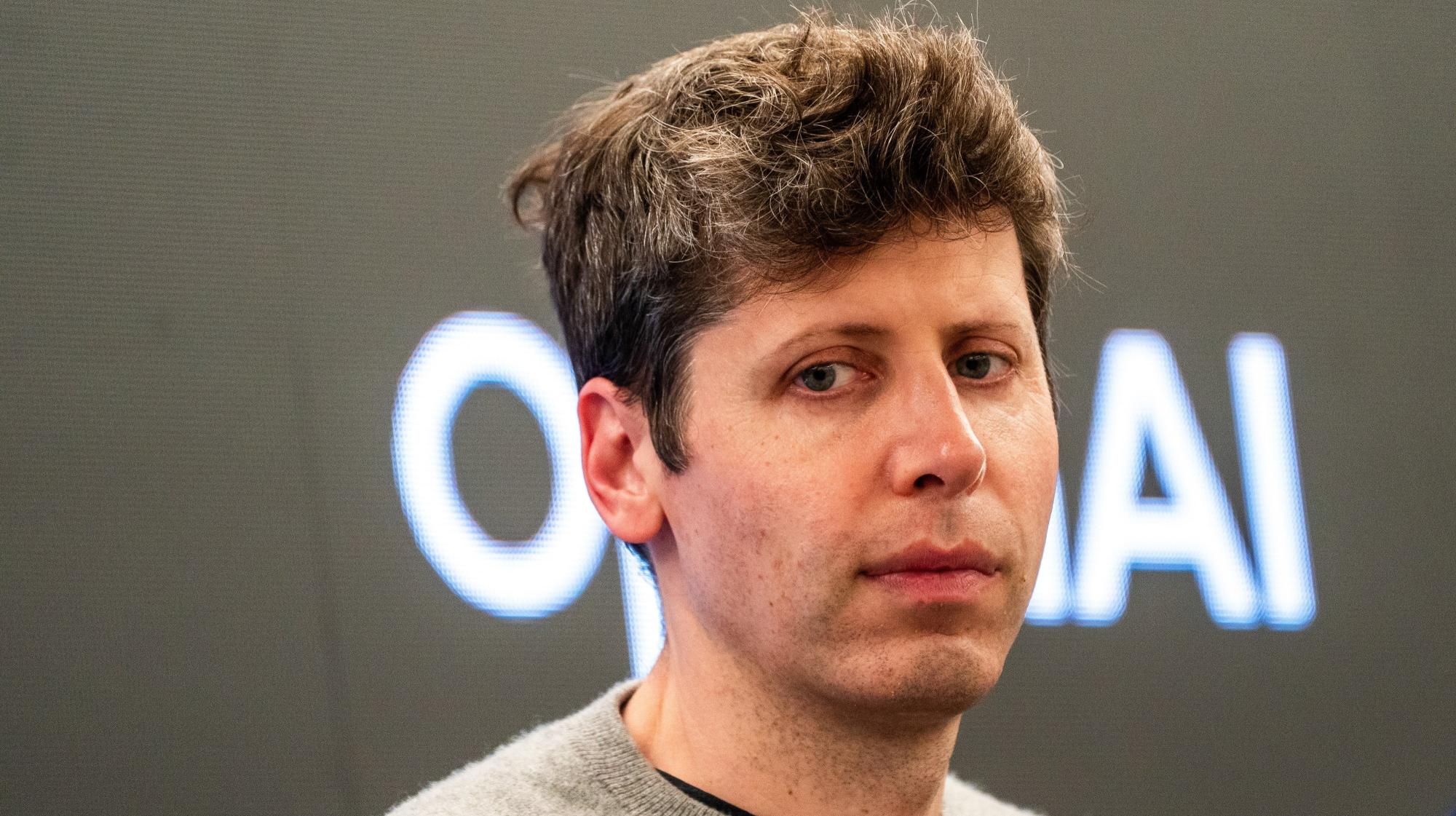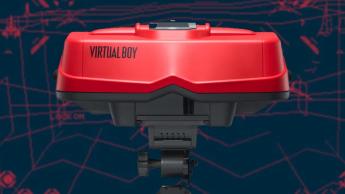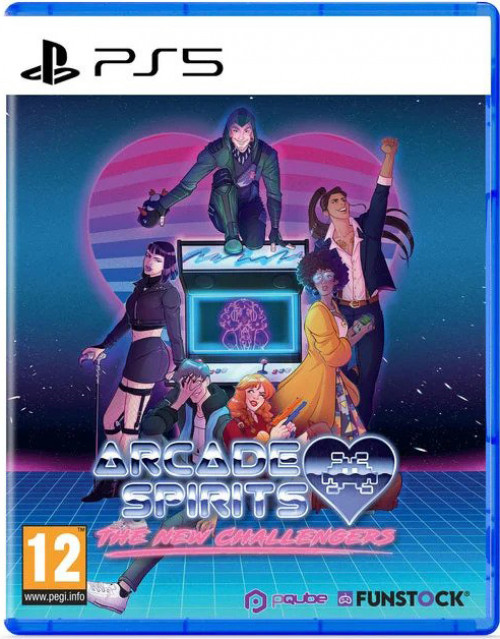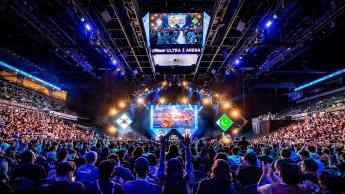The Japan Commercial Broadcasters’ Association has voiced strong concerns over OpenAI's Sora 2 and similar AI video generation models, highlighting the risks they pose to Japan's content production culture and ecosystem. The association emphasizes that using AI to generate videos of Japanese anime and video game characters without proper authorization can result in severe copyright infringement. They call for AI developers to halt unauthorized training on copyrighted content and take steps to remove infringing materials from the internet. The impact on creative industries and potential societal harms, including deepfake videos that can mislead and manipulate viewers, are also significant points of concern. OpenAI's CEO referenced the generated content as “interactive fan fiction,” but the broadcasters argue this does not mitigate copyright issues. The broader implications for the entertainment industry are reflected in similar concerns expressed by companies like Nintendo and Disney regarding the use of their intellectual property without permission.
What are the concerns regarding Sora 2 and generative AI in Japan?The concerns center around copyright infringement, potential harm to the creative industries, and the risks associated with deepfake technology. The Japan Commercial Broadcasters’ Association has warned that unregulated use of generative AI could severely damage Japan's content production culture, highlighting the urgent need for permission-based use of copyrighted materials by AI models.
Sora 2, released by OpenAI, is an advanced AI video generation tool that allows users to create videos that can mimic existing anime and video game characters. This has raised significant alarm within the Japanese creative community, which is renowned for its rich anime and gaming industries. The rapid evolution of generative AI technology poses a challenge to traditional content creators as they navigate the complexities of intellectual property rights and artistic integrity. The growing influence of AI in creative spaces is prompting an important dialogue about the future of creativity and content ownership in Japan and beyond.










Comments
No comments yet. Be the first to comment!